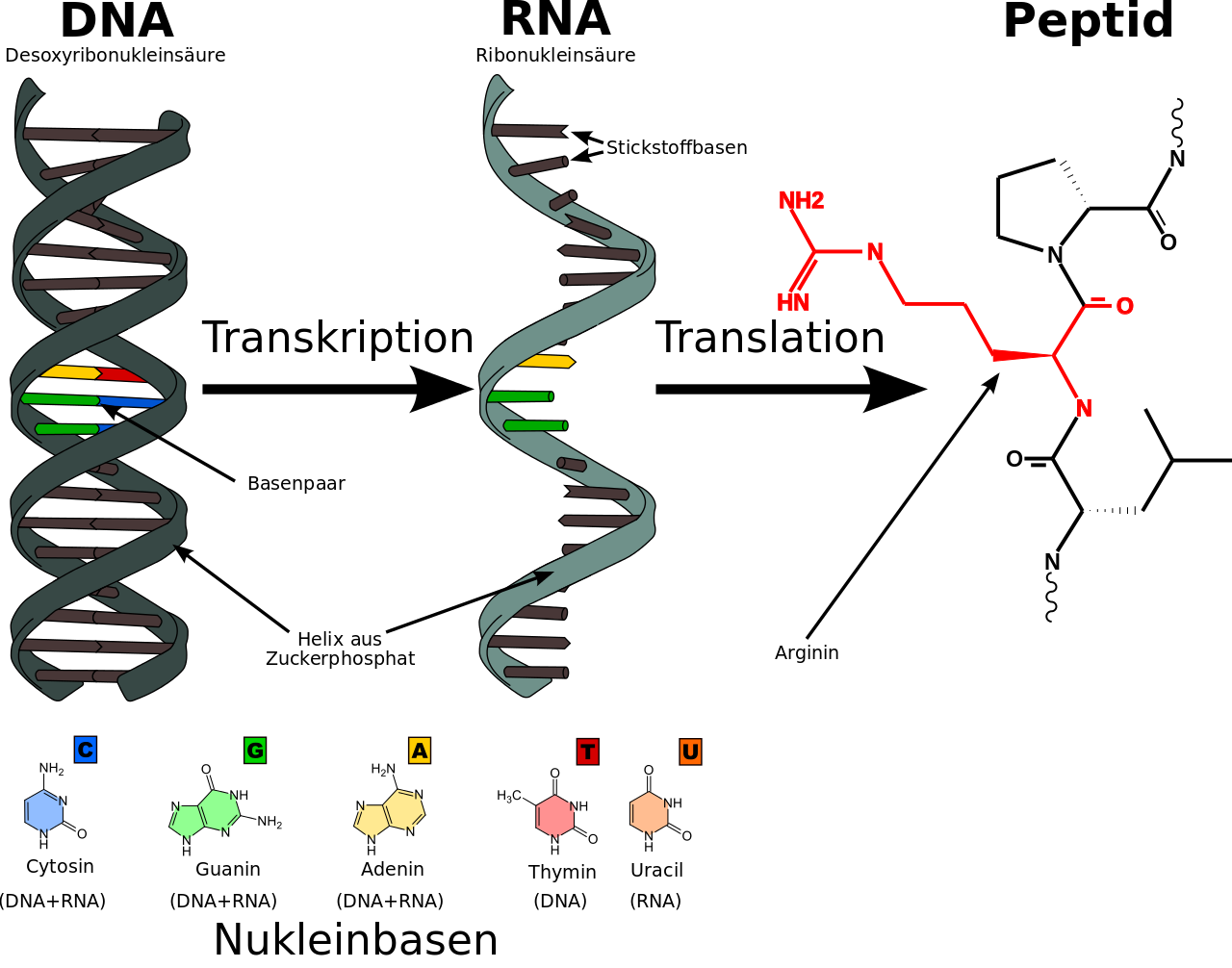Peptides have been around for centuries, used in drug development and medical research as a way to understand how the human body works. Recently, however, peptIDES have gained more attention than ever before.
From anti-cancer drugs to treatments for inflammatory diseases and other forms of therapy, pharmaceutical companies are increasingly turning to this versatile molecule as a potential solution to some of the world’s biggest health problems.
But what exactly IS a peptide? How could it revolutionize drug development? In this post, we’ll discover the power of peptides and their increasing importance within modern medicine.
What are Peptides?
Peptides are short chains of amino acids, which are the building blocks of proteins. The number of amino acids can range from two to thirty or more, depending on the type of peptide being used in drug development.
Peptides have a wide range of uses, from helping to regulate hormone levels and boosting immunity to treating cancer and promoting wound healing. They are also commonly used in research as tools for studying biological processes.
How Do Peptides Work?
Peptides work by binding to receptors on cells and affecting their function in various ways. Depending on the type of peptide, it may act as an agonist (stimulating activity) or antagonist (inhibiting activity). This is why they can be used to treat diseases, as they can alter the activity of cells in a targeted and specific manner.
Why Are Peptides the Future of Drug Development?
Many experts are now using peptides for research and drug development. There are many reasons why peptides are the future of drug development, including:
- Targeted Delivery: Peptides can be designed to target specific cells and tissues, allowing for more targeted delivery of drugs. This reduces the risk of side effects associated with non-specific drugs that may affect healthy cells along with diseased ones.
- Treating Complex Diseases: Peptides can be used to treat complex diseases such as cancer and autoimmune disorders due to their ability to interact with multiple receptors and pathways in the body.
- Improved Efficacy: Peptide drugs have been shown to have a high level of efficacy due to their ability to bind specifically to receptors on cells, resulting in a stronger biological response.
- Lower Cost: Peptides are much cheaper to produce than traditional drugs, making them a cost-effective option for drug development.
- Longer Half-Lives: Peptides have longer half-lives compared to small-molecule drugs, which means that they can remain in the body for longer periods of time and maintain their therapeutic activity over an extended period of time.
- Reduced Side Effects: Due to their targeted delivery, peptide drugs generally have reduced side effects compared to small molecule drugs.
- Repurposing Existing Drugs: By using existing peptide libraries, researchers can quickly identify promising candidates for repurposing already approved drugs or developing new ones with fewer side effects.
- Improved Safety: Peptides are generally well tolerated in the body, which improves their safety profile compared to other types of drugs.
- Easier Drug Design: With advances in technology, it is now easier than ever to design peptide-based therapeutics that can target specific diseases or biological processes.
Caveats to Consider
Although peptides offer many advantages for drug development, there are also some caveats to consider. For example, they can be expensive to manufacture due to the complex manufacturing processes involved.
Peptides may also be broken down in the body more quickly than traditional drugs, reducing their half-life and effectiveness. Additionally, some peptide-based drugs may still have side effects that need to be considered before using them in humans.
Overall, peptides are set to become an increasingly important part of drug development due to their targeted delivery, improved efficacy and safety profile, cost-effectiveness, and ease of drug design. As research continues into this exciting new field, there is no doubt that peptides will be a key player in the future of medicine.

